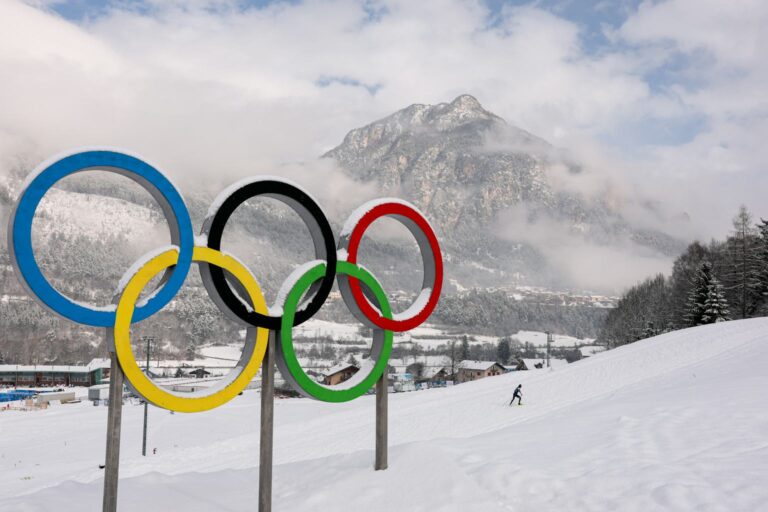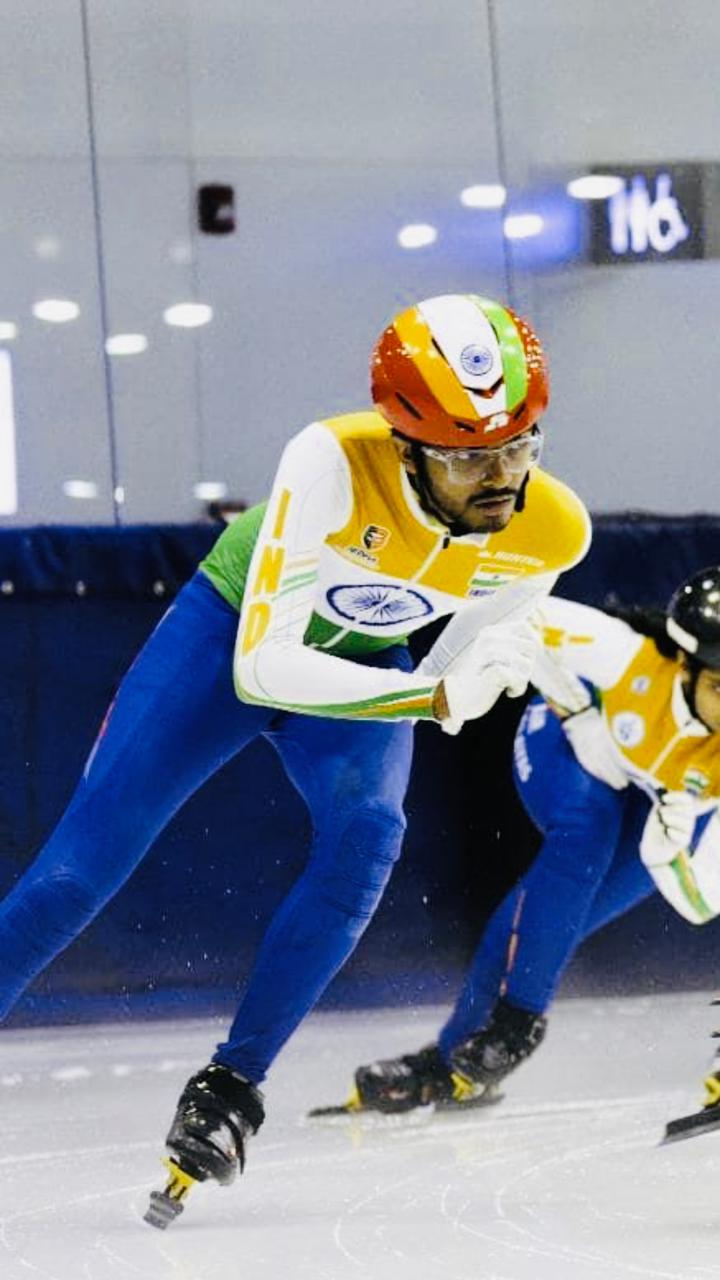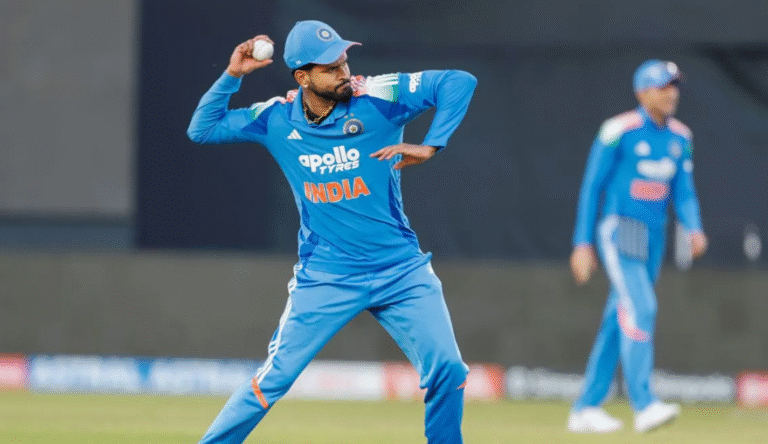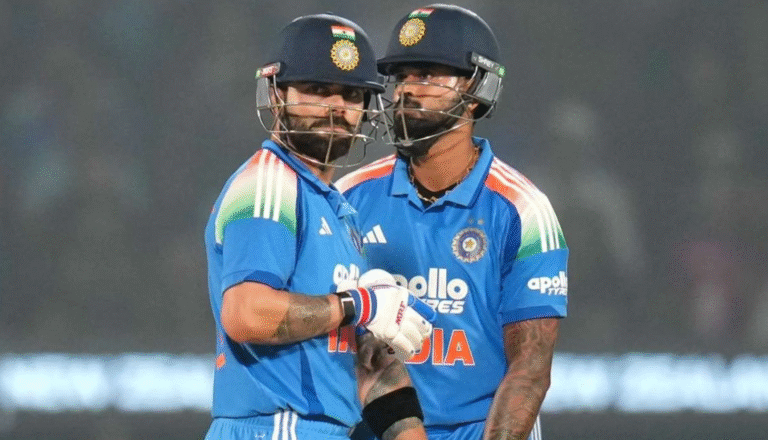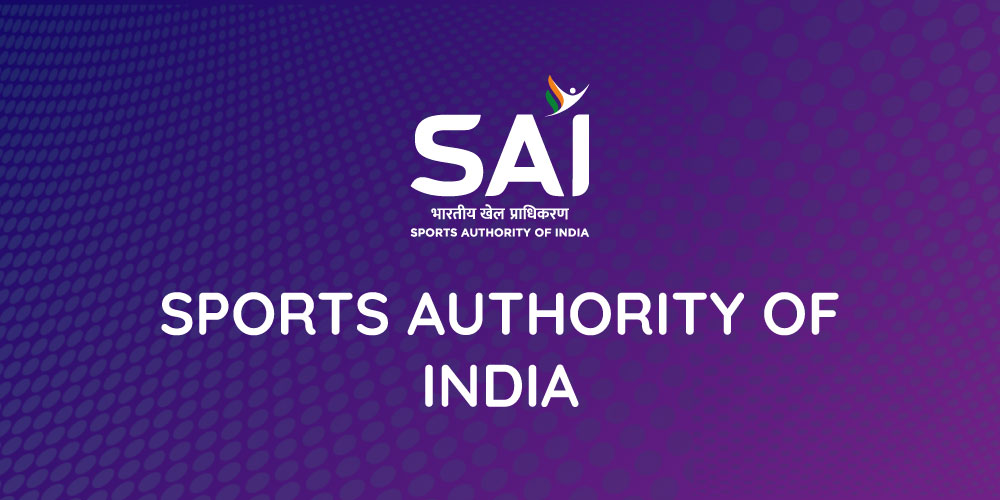
In a bold policy shift that could redefine the relationship between athletes and the system that funds them, the Sports Authority of India ( SAI ) has issued a directive mandating that tennis players who receive government support must prioritise representing India in international competitions — or risk paying the price, literally.
The move comes amid growing concern that some top players are putting personal gains and international tournaments above national duty. With this directive, the SAI is making one thing unmistakably clear: “If you play for the country, the country plays for you. If not, pay it back.”

🔍 What the Directive States
The policy, which took effect immediately on June 19, applies to all tennis players receiving assistance under national schemes such as the Annual Calendar for Training and Competition (ACTC) and the Target Olympic Podium Scheme (TOPS). Key highlights include:
- Mandatory participation in events like the Davis Cup, Asian Games, and Olympics, whenever selected.
- Refusal to represent India without valid medical or administrative reasons could lead to cancellation of future funding and repayment of previous support.
- Applies to players who are actively benefiting from SAI’s training, travel, coaching, and competition grants.
🎯 The Reason Behind the Move – sai
This tough stance was born out of rising frustration within the sports system. While India has invested heavily in its athletes—especially after the Tokyo 2020 and Paris 2024 Olympic cycles—officials observed that some tennis players regularly skipped national team duties to participate in private tournaments or ATP/WTA circuits.
Moreover, an audit earlier this year revealed that ₹8 crore worth of unaccounted expenses under the TOPS scheme were never properly documented or returned. This new directive serves as both deterrent and cleanup mechanism.
🎾 Reaction from the Tennis Community
Unsurprisingly, the tennis fraternity is divided.
- Senior players, especially those with international commitments, argue that strict enforcement could hamper rankings and earnings.
- Younger players and doubles specialists have mostly welcomed the move, seeing it as a chance to shine on a national stage and earn sustained government backing.
- The All India Tennis Association (AITA) has pledged support for the decision and will coordinate with SAI to manage player schedules around international and domestic requirements.
🌏 Balancing Global Tennis with National Duty
The tension here is structural. Tennis is a sport dominated by independent circuits, not centralised national calendars. ATP and WTA events are necessary for player development and rankings—but clashes with national duties have become frequent.
This policy attempts to draw a line: you can pursue global ambition, but not at the cost of your flag.
💥 What Happens Now?
- SAI and AITA will implement a grievance and exemption mechanism for legitimate injuries or unavoidable absences.
- Players under government funding will be asked to sign performance contracts that include national representation clauses.
- Future funding rounds may come with audits and repayment clauses built-in.
🧠 Editorial Note: Accountability Is the First Serve
This directive may feel harsh to some, but it reflects a simple reality: when the nation backs you, it’s not charity—it’s a contract. With Olympic 2028 preparation underway and global tennis becoming more commercialised than ever, India is asserting its expectations clearly and early.
The ball, now, is in the players’ court.
Follow BiGG Sports NEWS for exclusive interviews, player statements, and live updates.
📲 @biggsportsnews | www.biggsportsnews.com

